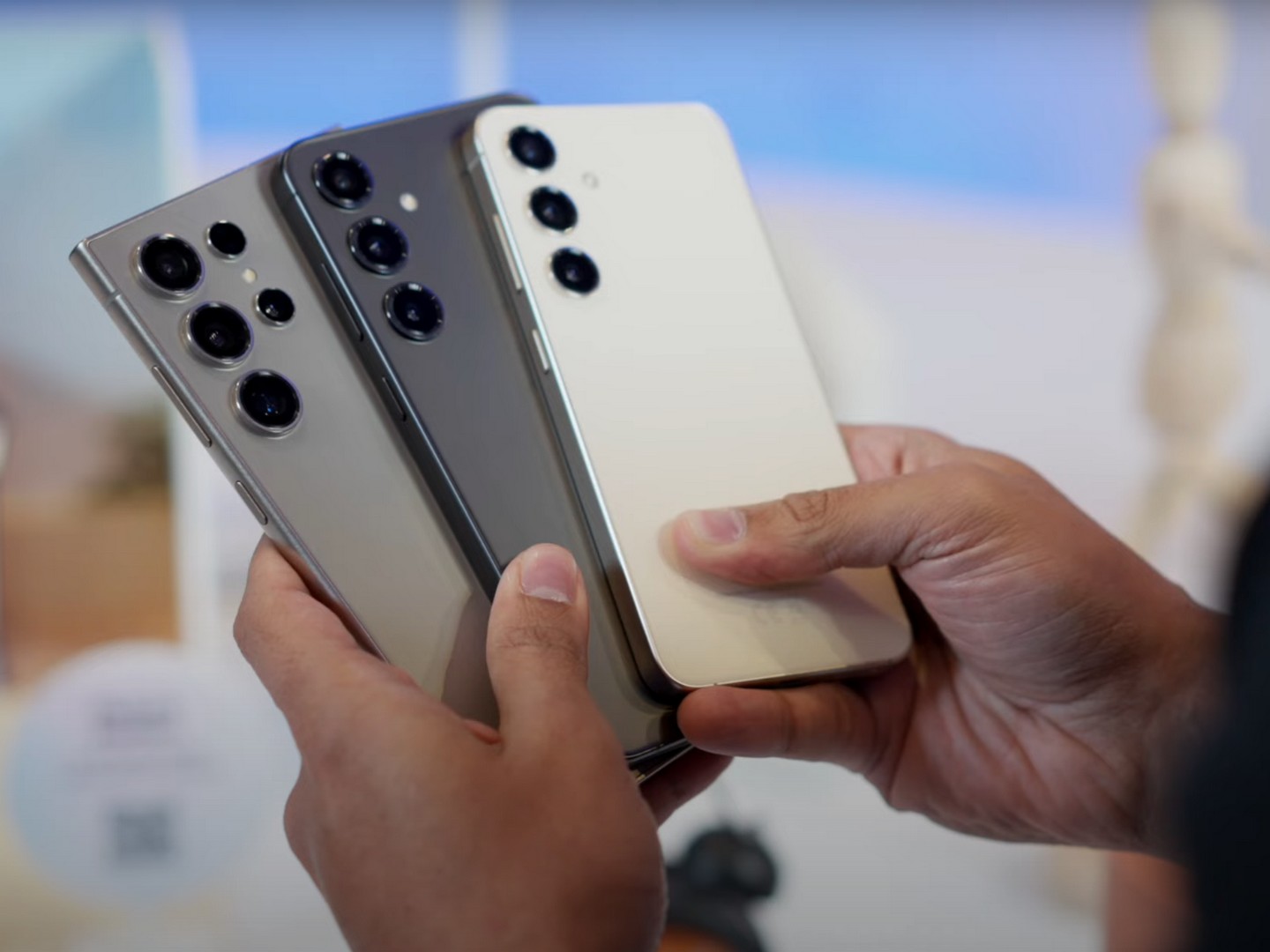Samsung Electronics is making a bold move in the highly competitive chip market by initiating development of a 2 nanometer (nm) mobile application processor (AP). Codenamed “Thetis,” this chip utilises a cutting-edge technology not yet commercially available anywhere. The project positions Samsung as a serious contender in the global AP market, currently dominated by Apple, Qualcomm, and MediaTek.
This development also intensifies the ongoing foundry battle between Samsung and TSMC, both aiming to achieve mass production of the 2nm process by 2025.
Samsung’s “Thetis” Project: A Look Ahead
The name “Thetis,” referencing the Greek goddess and mother of Achilles, hints at Samsung’s focus on creating powerful new generations of technology. The 2nm AP project is expected to enter mass production by the second half of 2025, potentially powering the upcoming Samsung Galaxy S26 smartphone in 2026. This news follows Samsung’s previous announcement about commencing mass production for 2nm mobile processors in 2025, marking their first venture into this advanced technology.
A Technological Leap with Uncertainties
The 2nm process represents a significant leap in chip technology, currently unseen in the global market. Even TSMC, the industry leader in chip foundry, hasn’t ventured beyond the 3nm process. If successful, Samsung’s 2nm AP could disrupt the market, directly challenging established players like Apple and Qualcomm. Apple is rumoured to be incorporating a 2nm AP in their upcoming iPhone 17, while Qualcomm is also developing a 2nm chip with a foundry partner yet to be chosen. This sets the stage for a fierce competition in the premium mobile AP market.
Samsung’s Foundry Stakes
Beyond its immediate smartphone application, Samsung’s 2nm AP development serves another crucial purpose. It functions as a test bed for their next-generation foundry process capabilities. Traditionally, APs have relied on well-established foundry processes. Samsung’s decision to use the unproven 2nm process shows their confidence. It’s also a strategic move to strengthen their position in the foundry market. However, stability with this new technology presents a challenge. Despite this, Samsung seems determined to be the first to launch a 2nm AP. This could help them secure a leadership position.
Source: ETNews





